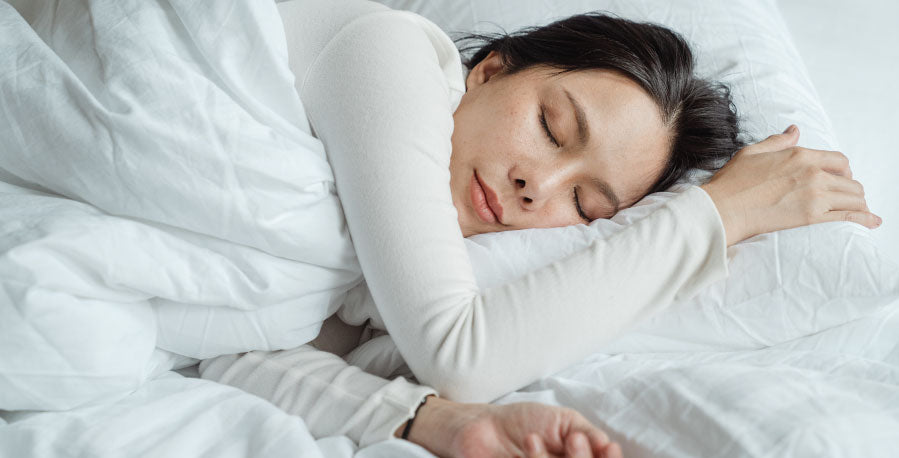Insomnia is a condition in which there is difficulty falling asleep or staying asleep for a sufficient period of time, even when there is an opportunity to sleep. During the day, insomnia causes increased fatigue, difficulty concentrating, reduced work capacity and poor quality of work, as well as changes in mood. Insomnia is a malfunction of the sleep mechanism or a consequence of sleep mechanisms being interrupted by increased activity in the central nervous system.
Based on the duration of the disorder, insomnia can be acute or chronic.
Acute sleep disorders are disturbances in falling asleep or the quality of sleep that are typical, for example, before exams, important events, psychological or emotional experiences and often go away without treatment.
Chronic insomnia is if it bothers you at least three nights a week and lasts for at least three months. About 10-15% of people suffer from chronic insomnia and this disorder increases over the years.
Why can't we sleep?
The reasons why we can't fall asleep are many and varied, the most common cause of insomnia is stress, which can be caused by a tight work schedule, relationships with loved ones, financial problems and other various types of problems in life.
The first thing to start with is getting your sleep routine in order, which means going to bed and getting up around the same time. Walking in the fresh air and daily peace in general have a beneficial effect on falling asleep, therefore it is recommended to include more products containing magnesium and group B vitamins in the menu or take them additionally with nutritional supplements.
Good sleep quality is linked to a balanced daily rhythm, where the so-called biological clock is of great importance. This 24-hour rhythm is regulated by the hormones cortisol and melatonin, among others.
How does it work?
Cortisol maintains activity and alertness, the body produces it during the day.
Melatonin causes sleepiness and is mostly produced at night.
Our biological clock works best when we have enough light during the day and as little as possible during the evening and night hours. Therefore, experts recommend reducing lighting in the evening and a couple of hours before sleep. This also applies to the lighting of TV, mobile phones, computer screens. It is best not to use these devices a couple of hours before going to bed.
What helps ensure quality sleep and relaxation?
Mode
Arrange your sleep pattern, go to bed and get up around the same time.
Fresh air
Go for walks, ventilate the rooms before going to bed.
Vitamins B1, B3 and B6
B vitamins support a healthy nervous system and reduce fatigue during the day
Magnesium
Magnesium promotes healthy psychological functioning and improves memory
Re-Age Sleep On | Nutritional supplement for sleep disorders
Sleep On :
- Contains a properly balanced mixture of active ingredients for one day
- Accreditation by the World Council on Aging and Preventive Medicine
- The right dose of melatonin for better sleep
- Contains vitamins B1, B3 and B6, magnesium, griffonia extract, California poppy, melatonin.
Do not use nutritional supplements to replace a full and balanced diet.


